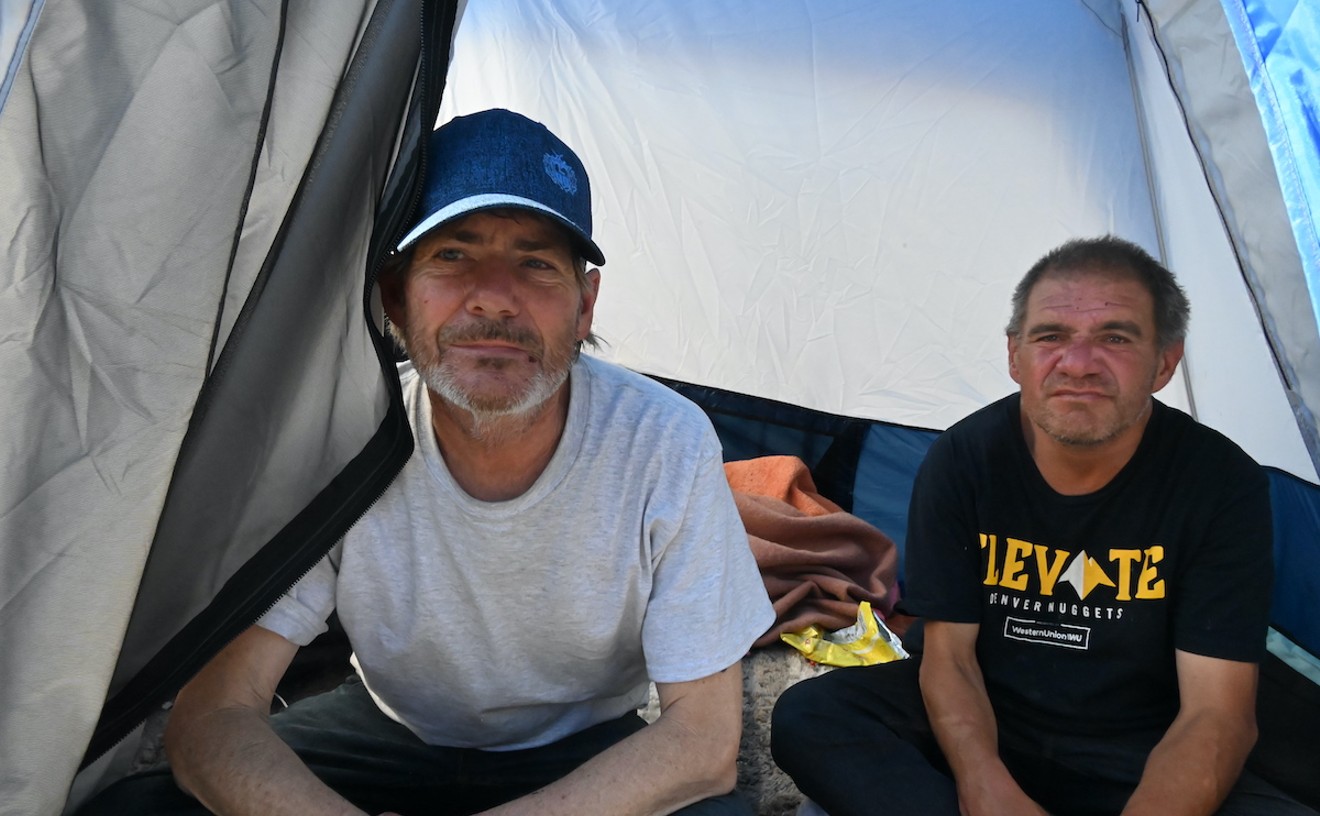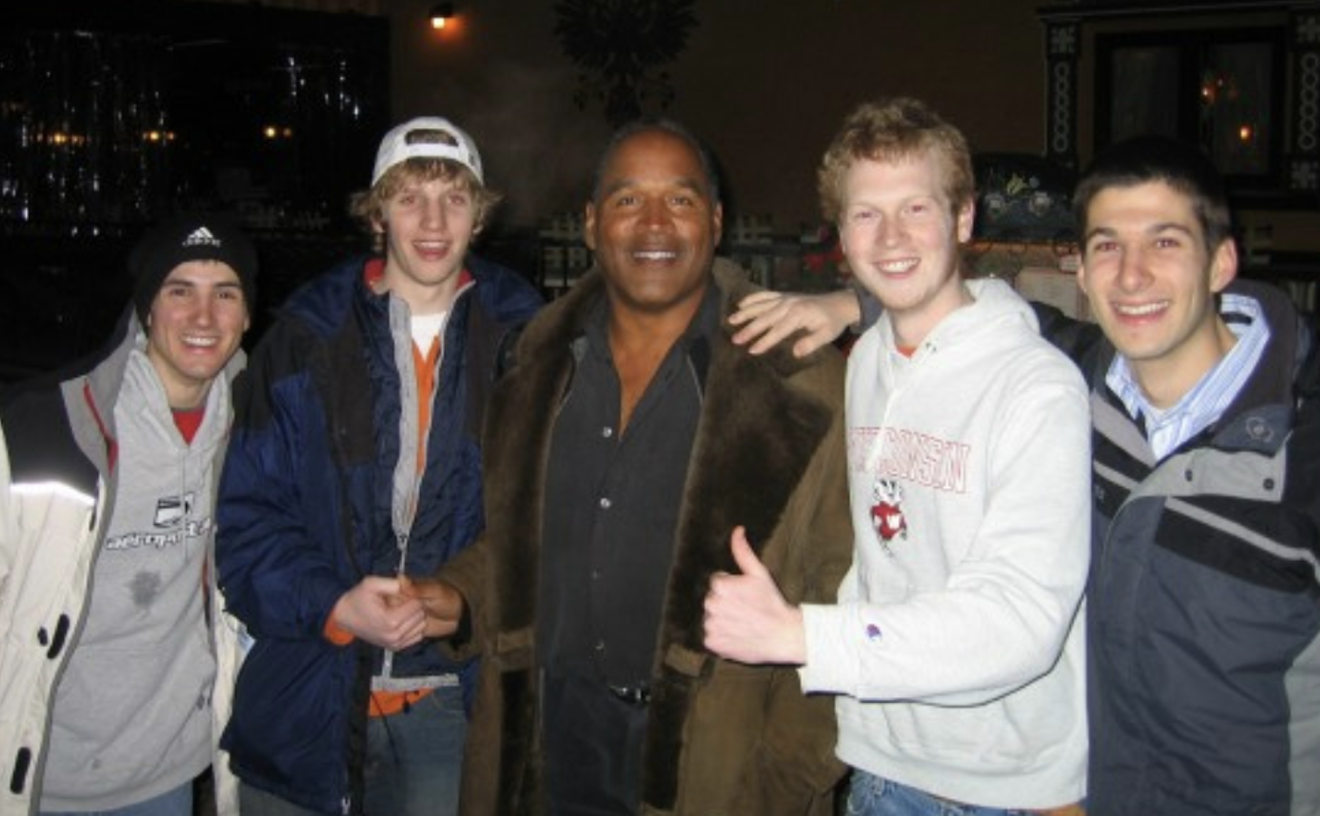Last fall, Toby Lewis had barely had time to catch her breath after returning to Boulder from the U.S. Solar Decathlon in Washington, D.C., last fall when her advisor on the project, Mike Brandemuehl, and fellow University of Colorado engineering professor Hy Brown presented her with an opportunity she couldn’t pass up: They wanted her to build a solar house in Israel that would be a model for a company they were starting there.
By January, the model was complete, investors and buyers were impressed, the company, REAL Housing – Renewable Energy for Affordable Living – was born, and Lewis was on her way back to Colorado, to spend a few months tying up loose ends before she moved to Israel permanently -- or at least for the two years she expects it will take to get Brown’s vision off the ground.
Brown – who built his reputation working on projects like the World Trade Center, Disney World and the Sears Tower – wants REAL Housing to create affordable, sustainable communities. And he wants to start in the Negev Desert; he told the Jerusalem Post that the idea to develop the Negev was born out of the Gaza Strip disengagement and a lack of government planning for the relocation of evacuees.
Those evacuees are interested in relocating together and rebuilding their community, which is what REAL Housing hopes to accomplish. Lewis says Israel also happens to have a good climate for solar, in terms of both the sunshine and the government incentives. But the concept behind the model house is universal: It’s designed specifically for its ability to be pre-fabricated, which many in the housing industry consider to be the future for homebuilding not just in in the U.S., but around the globe. The idea is being able to build houses on an assembly line, the same way we assemble cars.
"The ultimate goal is to not just be building individual homes, but be looking at whole communities, at mixed-use development and transportation issues, to [have homes] close to work, and assembly plants close to communities," says Lewis. "We’re working with engineers to design our assembly line, and speaking to contacts in Russia, China, Italy and Africa."
For now, Lewis has had to postpone completing her construction-management degree at CU, but she’s okay with that. "I don’t regret putting my life on hold for the [solar] competition either. I loved it," she says. "It changed the course of my life. That’s for sure." – Jessica Centers











